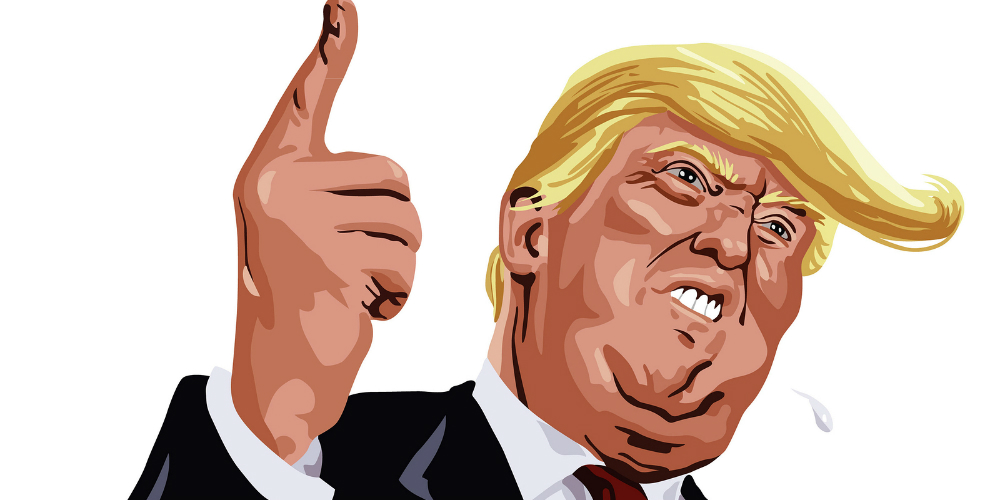The Trump brand in turmoil

I’ve often written about the perils of unbridled brand extension. For those unfamiliar with the term, brand extension is “an instance of using an established brand name or trademark on new products, so as to increase sales.”
The most frequent target of my ranting has been Jeff Bezos and Amazon, for getting into things like smartphone manufacturing, baby diapers and streaming video. If you don’t see anything in common with these items, you’re not alone. That’s the point.
In the past, I’ve also harangued Anheuser-Busch for twisting its Bud Light brand (which, in case you didn’t know, is the perfect beer for hundred-degree days on the Colorado River) into the home of the thoroughly disgusting Bud Light Lime-A-Rita.
In a blog a couple of months ago, I praised Donald Trump for his meticulous management of the Trump brand. From luxurious real estate holdings to power ties and other menswear to his TV show The Apprentice, the Trump brand was built on a vision of opulent materialism.
The question is: Can a brand built on opulent materialism be successfully extended into the American political arena? If current polling is to be believed – and Trump’s questionable conspiracy theories are to be disbelieved – the answer is obviously no.
The tragedy for the Trump brand is not only that its extension into politics has been a failure. That extension has also damaged the original brand. Trump’s TV show and whatever else he had going with NBC are gone. You can no longer buy a Trump necktie at Macy’s. This political experiment is costing Trump way more than just the money he’s dumped into the campaign.
I can imagine what some Trump supporters are thinking. How can I call Trump’s extension into politics a failure when he’s managed to mobilize millions of people?
That’s the thing about brand extension. Every strong brand has loyalists that are willing to follow that brand wherever it goes. I’m sure a lot of people got suckered into buying Amazon smartphones. I imagine some nerd parents buy Amazon diapers, too. But are these lines sufficiently profitable?
Or in the case of Trump, has he mobilized enough people to actually win the election? Again, the polling says no. He was on a roll at one point, but the Trump political brand hit a wall. And when it did, Trump the man had a choice: either hammer away with the same message in hopes that he’d missed some people along the way, or expand the message to appeal to an even wider swath of voters. He chose the former when perhaps he should have chosen the latter.
Will a failed presidential bid mark the end of the Trump brand? Hardly. Even Trump’s harshest critics have to admit that he always seems to land on his feet. He’s already identified a lucrative market in rightwing politics. He’s aligned himself with Roger Ailes, Steve Bannon and Sean Hannity. Love or hate those guys, there’s no denying that’s a lot of media savvy. So I expect Trump go all-in on some big media venture. That’s an area where he and his brand are already quite comfortable.
Are there lessons in this for the rest of us? In addition to my previous warnings about brand extension, I would add this: First, your hardcore loyalists are very important, but the point of brand extension is to add new loyalists. Measure your success accordingly. Second, be mindful of how your brand extension might affect your existing brand. Only Donald Trump can decide whether mobilizing millions of voters was worth alienating a wide range of business partners, not to mention millions of buyers.





